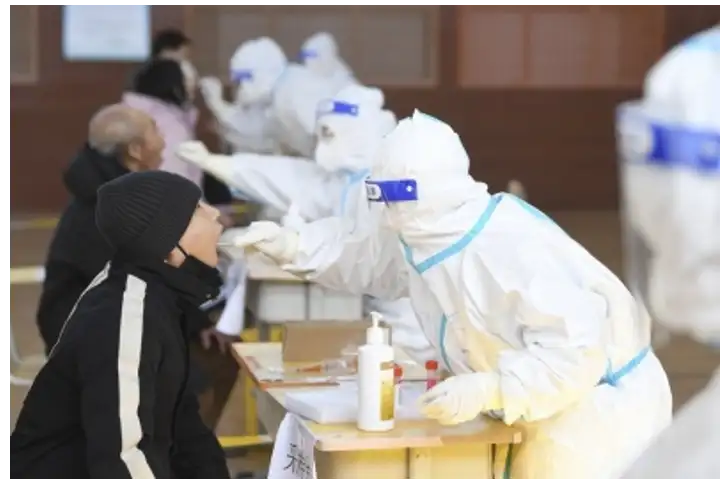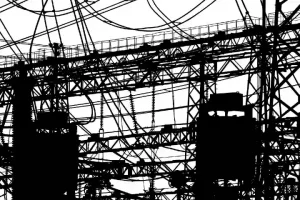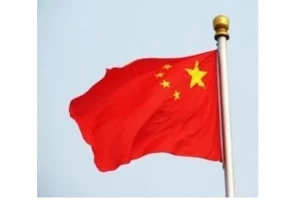Chinese currency, yuan has taken a beating as worries over a possible shutdown of Beijing dented business sentiments. The offshore yuan – the currency that circulates outside mainland China, was trading at about 6.59 to a US dollar. On April 1, the yuan was pegged at 6.3 to a dollar.
The People’s Bank of China, the central bank, has announced a reduction of the reserve requirement ratio (RRR) for foreign currency deposits at banks to 8 per cent from the earlier 9 per cent. This will come into effect from May 15. The measure is intended to manage liquidity requirements while increasing the supply of dollars and other foreign currencies onshore which in turn would cushion the yuan. The reserve requirement ratio or the minimum amount of reserves that banks are required to hold. Besides, policymakers of the country have also underlined the need to take steps to ensure continuity in the supply chain network.
After Shanghai, shutting down Beijing will severely dent China’s economy. In 2021, Beijing’s nominal GDP stood at about 4 trillion yuan, compared to about 3.6 trillion yuan in the previous year, data portal Statista said.
As concerns among the business community have started rising, policymakers are looking at aggressive measures to support growth. While China registered a 4.8 per cent GDP growth in the January-March quarter of the current year, keeping up with the momentum in the following quarter will be a challenge as Shanghai remained shut for days as authorities continued with the zero Covid approach.
“I also want to point out that every epidemic protocol has its costs. The prevention and control measures in some Chinese cities have had some impact on production and daily life, as could happen in any country,” Chinese foreign ministry spokesperson Wang Wenbin told mediapersons.
He added that China’s dynamic zero-COVID policy and epidemic-prevention protocol are based on science and experts’ opinions
However, authorities are worried. The Financial Development and Stability Committee (FDSC), headed by Vice-Premier Liu He, met on Friday and highlighted the need to take immediate steps to support the economy.
“We must promptly respond to market concerns, guide their expectations, improve their potential and resilience to promote the steady operation of the capital market,” it said.
Also read: China posts 4.8% GDP growth in Jan-March quarter but challenges remain
Shanghai's Covid restrictions add to China's growing unemployment rate




















